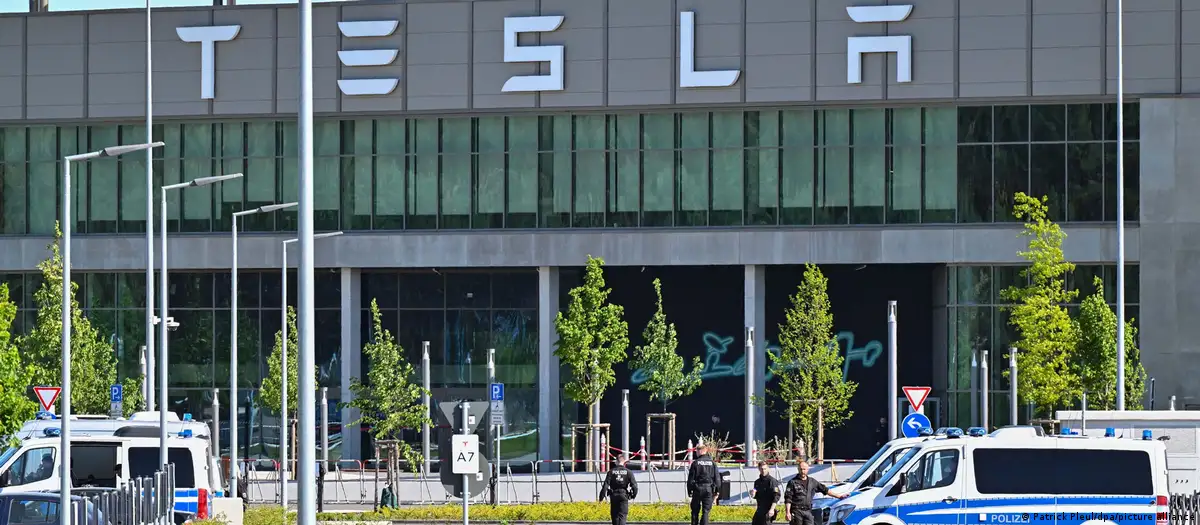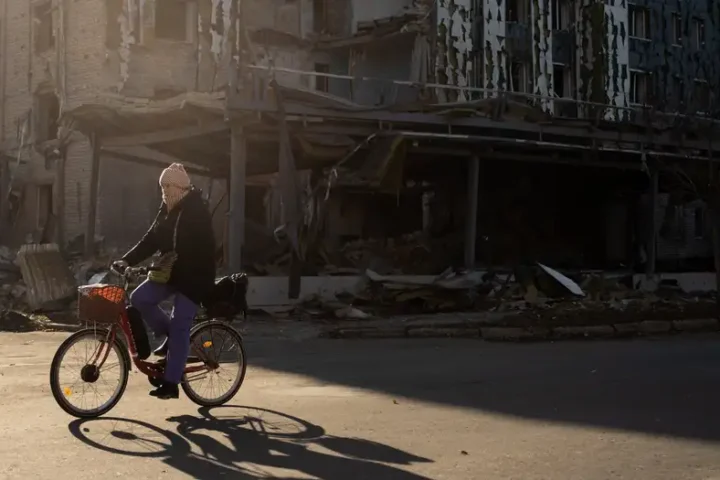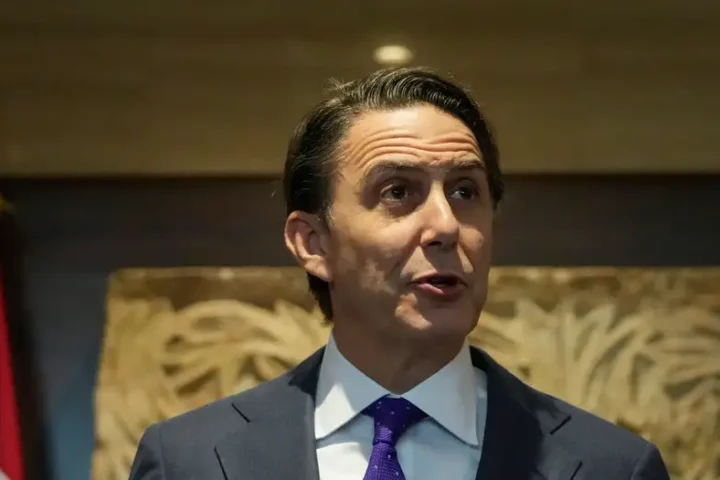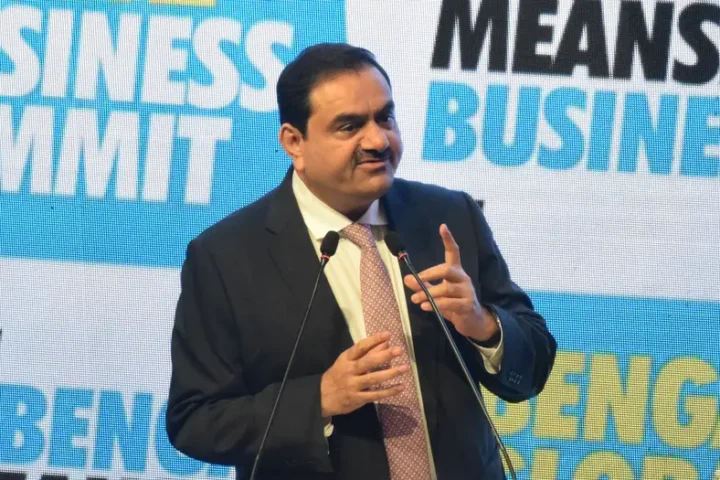German authorities have granted Elon Musk’s Tesla permission to expand its Gigafactory just outside Berlin. The original plans sparked resistance from locals worried about the environmental impacts.
US electric vehicle giant Tesla has been granted provisional permission by German authorities to expand its “Gigafactory” just outside Berlin, despite resistance from local residents.
The factory near the small town of Grünheide in Brandenburg, about 9 kilometers (5.6 miles) beyond the southeastern edge of Berlin, is Tesla’s only such site in Europe.
Tesla hopes the expansion will allow it to increase production capacity from around 500,000 vehicles per year to one million.
According to the original plans, more than 100 hectares of woodland were to be cleared. However, after a local referendum, Tesla scaled back the project, including scrapping plans for a new freight depot.
Construction may begin ‘at own risk’
The environment ministry of the federal state of Brandenburg, which envelops the city-state of Berlin and where Grünheide is located, said building permission had not yet been officially granted but that Tesla could begin construction “at its own risk” following positive talks.
The approved plans include laying new underground pipes, building new stairwells and installing solar panels on roofs.
A new “asphalted logistics area” for new cars is also planned, as is a new larger production hall.
Tesla, which is owned by Elon Musk, has been operating in Brandenburg since March 2022 and employs around 12,000 people at its Grünheide site – although 400 redundancies were announced in April this year.
In March, unknown saboteurs managed to cause a serious power cut at the plant, prompting public condemnation from senior German politicians concerned that Musk might consider relocating the factory.
In May, climate activists attempted to storm the site, leading to clashes with police.









